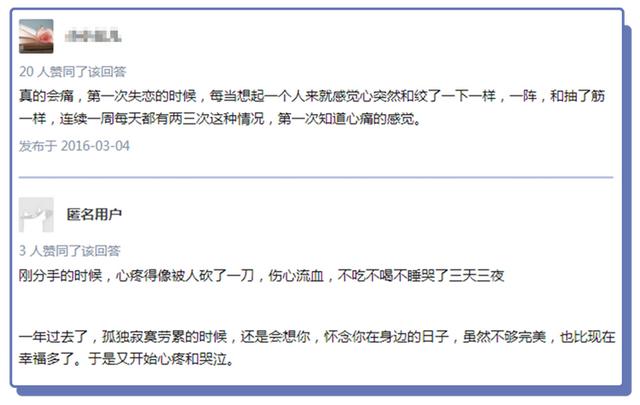“懒虫”,你觉得怎么样翻译才恰当?很多同学会说lazy worm !乍一看,好像也可以,实际上英语里面地道的说法是“lazybones”。直接翻译就是“懒骨头”,用来形容“懒惰的人,懒汉”,和我们说的“懒虫”意思一样。

Here's a little story about the word “lazybones”。
关于“懒虫”这个词的由来,有这么一个小故事。
以前有一个人,从小就很懒。长大之后,在一场事故中差点丢了性命,万幸被一只老虎救了。他很感谢这只老虎,就把老虎养在自己家里,时间久了,老虎也就变得和他一样懒了。甚至一次家里被盗,老虎也都不去阻止。于是人们都认为,老虎是和那个人学得变懒了。
There was a man who was very lazy since childhood. After growing up, he almost lost his life in an accident. Luckily, he was saved by a tiger. He was very grateful to the tiger, so he kept the tiger in his house. As time went by, the tiger became as lazy as he was. Even once the house was stolen, the tiger did not stop it. So people thought that the tiger had become lazy because of the man

古代老虎被称为大虫,因此人们称懒的人是“懒虫”。
In ancient times, tigers were called big worms, so people called lazy people " lazybones ".
举个例子:
1.He is a lazybones with no ambition whatsoever.
他是个懒骨头,一点雄心壮志打死都没有。
2.The boy is lazybones through and through.
这个男孩是个彻彻底底的懒虫。

在英语里我们说一个人“懒虫”可以用sleepyhead,表示贪睡的人。
举个例子:
1.Wake up, sleepyhead. 起床了,小懒虫。
2.Now then, sleepyhead, it's time you went to bed.
嗨,瞌睡虫,你早该睡觉去了。

也可以用sluggard [ˈslʌɡəd]表示:懒惰的人,懒散的人,
举个例子:
1.Up, sluggard, and waste not life; in the grave will be sleeping enough.
起床了,懒虫,不要浪费生命。你在坟墓里大可睡个够。
2.He is a sluggard, a drunkard.
他是个懒汉,酒鬼。

我们也用slacker来表示“懒鬼、喜欢偷懒的人、特别懒散的人”。
举个例子:
1.Linda is not a slacker, she is the best teacher in the school。
Linda可不是会偷懒的人,她可是学校最好的教师。
2.Don‘t be a slacker, you’d better work hard for your promotion。
别偷懒了,为了升职你最好努力工作。






